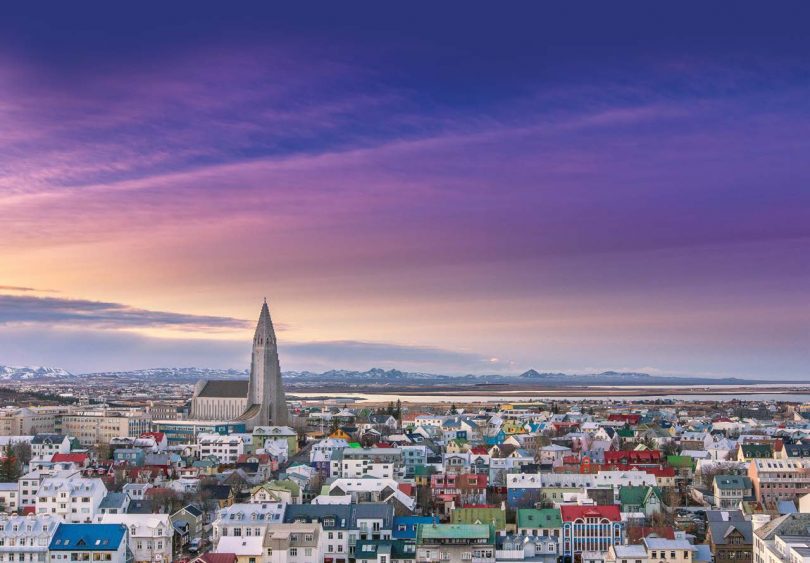When Lars Lagerbäck, the legendary Nordic coach, took over the national team of Iceland in 2011, he declared his intention to take the tiny nation to the European Cup, a promise he duly fulfilled last summer in France. He was also confident enough to say Iceland could go as far as the World Cup. People at that time thought he was crazy, but one year after he led the team to the final eight in Europe, Iceland became the smallest country ever to qualify for a World Cup when they topped their group in mid-October.
With a population of just 335,000, Iceland created their own slice of World Cup history by beating the likes of Croatia, Ukraine and Turkey to top their European qualifying group. Before Iceland, Trinidad and Tobago was the smallest nation ever to play at the World Cup with a population of 1.3 million, followed by Northern Ireland (1.85 million), Slovenia (2.08 million), Jamaica (2.89 million) and Wales (3.1 million).
Current manager Heimir Hallgrimsson, who was a part-time dentist before taking over from Lagerbäck last year, learned his trade as national team assistant over the course of the last five years. After seeing Iceland seal their seat in Russia in 2018, he proclaimed, “This is really odd, I don’t know what to say. I mean … Pelé, Maradona, Aron Einar Gunnarsson (Iceland captain).”
The expansion of the World Cup from Pelé and Maradona’s era to the current format makes this story possible, giving players like Gunnarsson the chance to fight for football’s greatest glory. To put Iceland’s achievement into context, countries to miss qualification include the Netherlands, Chile and the USA. Old kings fall down, new kings stand up.
Iceland’s World Cup qualification also proves that their European Cup run last summer was no fluke. Lagerbäck’s team was a huge underdog when they faced Roy Hodgson’s England in the final 16, but played like the dominant team and made the Three Lions look like a tamed cat as they produced a stunning 2-1 upset.
In the quarter final, Iceland was beaten by the finalists and host nation France on penalties. They bowed out of the European Cup with heads held high and confidence soaring. And while Lagerbäck left the job as previously planned, the new generation of Iceland players have transferred their prowess effortlessly to Hallgrimsson’s reign.
It shows that the miracle of Icelandic football is not about Lagerbäck alone. In fact, the legacy can be traced back as far as the turn of the millennium when the Iceland Football Association invested heavily in a coaching program to improve the level of coaching. Nowadays, despite its tiny population, Iceland boasts 600 UEFA qualified coaches, of which 400 are UEFA B licensed coaches. It means that there is one UEFA B coach for every 825 Iceland citizens. In England, the rate is 11,000 to 1.
In European countries, a UEFA B license is the requirement for coaching professional clubs, but in Iceland it is required to hold a UEFA B license to coach Under- 10s, or even Under-8s! Kids are provided with a very high standard of coaching from the first time they join any football academy.
This strategy has also managed to overcome the problem faced by all Nordic countries due to the freezing cold winters and periods of winter darkness, with the Iceland government and Football Association having invested heavily into building indoor football pitches across the country. You can easily spot giant indoor football arenas in the capital city Reykjavik, particularly those attached to schools which give school children the opportunity to play football year-round. All the indoor facilities are heated and equipped with qualified coaches on good salaries. In contrast, many European countries only have parents and volunteers as coaches at grassroots level.
Iceland is a small country, but its size also provides a unique opportunity for the government to see initiatives through. You can see this in the mentality of the nation’s ancestors, who would endure extreme discomfort to catch enough fish for their people. A combination of a strong mentality, systemic progression in football together with national prosperity has made the dream of Icelandʼs football miracle a reality.







